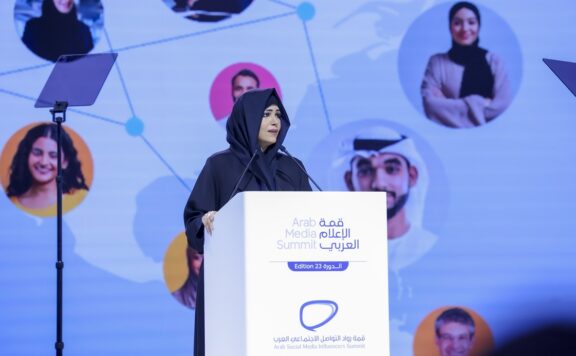On International Diversity Day, Jason McMillan, Sales Director for Epson Middle East & Türkiye, emphasizes that true inclusion extends beyond internal policies. It’s about creating access, equity, and opportunity in the wider community.
Diversity is often discussed in terms of internal workplace policies, but real inclusion must reach beyond corporate walls. While many recognise the 21st of May as International Diversity Day, its official name – World Day for Cultural Diversity for Dialogue and Development – offers a fuller picture. That final word, development, is key. It’s a reminder that diversity isn’t just about internal balance; it’s about enabling growth and opportunity beyond the office.
Real inclusion means looking outward – not just at who is within an organisation, but at how it helps shape access, equity, and progress in the communities it touches.
Broadening our perspective of inclusion
Many organisations view diversity through an internal lens. They focus on equitable hiring practices, workplace culture, and representation within teams and leadership. These are essential steps. At Epson, we’ve committed to that vision through gender-balanced hiring, inclusive leadership training, and creating an environment that welcomes all voices. Our operations in the Middle East, Türkiye, Africa, and Central & West Asia (META-CWA) include employees comprising of 39 different nationalities and a gender split that approaches parity – around 55% men and 45% women – reflecting a microcosm of global cooperation. In fact, our UAE office alone has 33 different nationalities working together and our KSA office has six different nationalities working together.
While internal policies are essential, they represent just one dimension of true inclusion. Diversity confined to office metrics risks ignoring broader societal inequities, missing a chance to use corporate influence to address deeper structural barriers. A more holistic approach starts earlier – in schools, communities, and institutions – where many are excluded not for lack of potential, but for lack of access to the tools and systems that help talent grow.
Organisations can make the biggest impact by investing in access alongside diversity – supporting education, bridging the digital divide, and creating real pathways to opportunity. These early interventions expand the ecosystem of future talent and reflect a shift in mindset: from viewing inclusion as a corporate obligation to embracing it as a societal responsibility.
Inclusion in action: external impact
Take education, for instance. A child in a rural area without digital access is excluded from today’s interconnected world. Inclusion for them is not necessarily a hiring policy; it means connectivity, materials, and infrastructure. This is why Epson has supported initiatives to bring bundled education technology solutions – including projectors, printers, scanners, and document cameras – to underserved schools and healthcare institutions in seven countries across the Middle East and Africa: Zanzibar, Kenya, South Africa, Egypt, Morocco, the UAE, and Saudi Arabia.
These are not gestures of charity – they are steps toward a more inclusive future, enabling opportunity. Such initiatives reflect a deeper understanding of diversity – one that moves beyond internal representation and focuses on empowerment. They show how companies can turn values into action and use their footprint to drive societal progress.
Why it matters beyond business
The broader impact of this approach is significant. By helping bridge the educational and technological divide, companies can create more resilient, future-ready communities. These, in turn, generate diverse talent pools – expanding the pipeline of skilled individuals needed to thrive in the long term. It’s a sustainable loop: invest in people today to help shape a more equitable future.
Organisations that lead with purpose often find these efforts resonate deeply across stakeholders. Diversity becomes part of a company’s identity, not just a policy. As more businesses ask, “Who is being left behind?” and “Whose voice is missing?”, inclusion can evolve from a buzzword into a shared societal value – and a call to build a fairer future.





